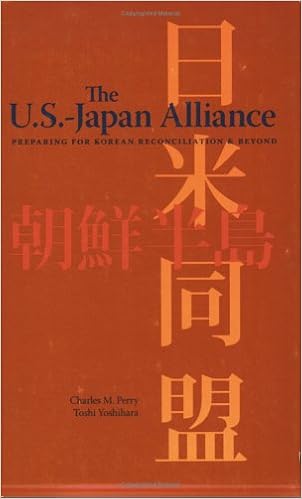 Summary
Summary
The promise of dramatic strategic change on the Korean Peninsula poses a wide array of short- and long-term challenges as well as opportunities for the U.S.-Japan alliance. For the foreseeable future, the uneasy military stalemate between the two Koreas and the halting progress toward inter-Korean reconciliation will continue to stress the security partnership in unpredictable ways. Beyond the immediate horizon, the reconciliation process and the prospect of eventual reunification on the peninsula could produce intense pressures that severely shake the foundations of the five-decade-old U.S.-Japan security relationship. Alternatively, with adequate preparation, the various future outcomes on the Korean Peninsula could serve as useful planning parameters with which to reenergize the alliance for a new set of roles and missions in the twenty-first century.
To help ensure that the alliance maintains its relevance in a reordered Northeast Asia, this monograph sets forth a comprehensive alliance-based agenda. It identifies the potential pitfalls, the strategic opportunities, and the key priorities that policymakers in Washington and Tokyo must heed to maintain their vital partnership in the face of fundamental change on the Korean Peninsula.
Perry, Charles M., and Toshi Yoshihara
Published inBlog
